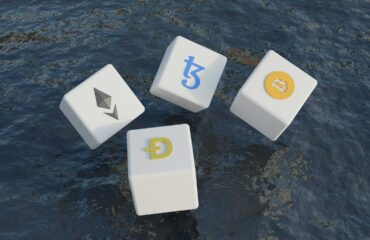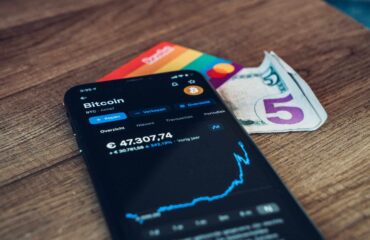
A decentralized autonomous organization (DAO) is a new kind of online entity that is decentralized, meaning it has no central point of control, and autonomous, meaning it is self-governing. DAOs are powered by decentralized technologies such as blockchain and smart contracts, enabling them to run without a central authority. This makes them potentially disruptive to the traditional economic system, but they also raise significant issues of securities, tax, bankruptcy, and corporate law.
Starting a DAO may seem daunting at first, but with careful planning and execution, it can be a rewarding experience. With a better understanding of how DAOs work, we can harness their potential to create more efficient and decentralized organizations. This article will examine the defining principles of a DAO and how to start and manage one.
What is a DAO?
A DAO is a decentralized autonomous organization that cooperates according to transparent rules encoded on the Ethereum blockchain.
In this regard, it represents a new form of online organization or institution, one not centralized around any single figurehead, geography, or purpose. Instead, a DAO uses democratic governance to reach a consensus on action proposals by members. DAOs provide safer and more efficient ways for people to cooperate by eliminating the need for a central administrative entity.
Because DAOs are decentralized, they have the potential to be more efficient and transparent than traditional organizations. They also offer advantages such as global reach and 24/7 operation. However, DAOs also come with risks and challenges. For example, changing or updating the code can be difficult if something goes wrong because they are decentralized. Additionally, DAOs are subject to the same laws and regulations as traditional organizations. As a result, it is essential to consult with a lawyer before starting a DAO.
Why start a DAO?
There are many reasons why someone might want to start a DAO. Some people may want to start one to create a more democratic way of running an organization. DAOs are decentralized autonomous organizations that operate based on code. Rather than having a centralized authority, DAOs use code to automate decision-making and governance processes. For example, a DAO might use a smart contract to issue tokens to members who contribute to the organization automatically. Or, it might use a voting system allowing members to vote on proposals.
What are the Benefits of DAOs?
Unlike traditional organizations, which are often centralized and hierarchical in nature, DAOs are designed to be decentralized and collaborative. This type of organization has many advantages over conventional organizations, as it is not subject to the same level of bureaucracy and red tape. As the world becomes increasingly connected, it is likely that DAOs will become more prevalent. Thus, it is vital to understand the basics of this exciting new organizational model. Here are the primary benefits of establishing a DAO:
Transparency
One of the most significant advantages of DAOs is increased transparency. Because DAOs are operationally run by code, all transactions are stored on a public blockchain. This means anyone can view a DAO’s transaction history to see how it is being run. This increased transparency can help to build trust between the community leaders and community members in a DAO.
Costs
Another advantage of DAOs is that they can help to reduce costs. Because DAOs do not require the same infrastructure as traditional businesses, companies can run them at a comparatively fractional cost. This reduced overhead can help companies to save money and reinvest those savings into other areas of their business. Many DAOs use Discord servers and Zoom as the primary means of operation.
Security
DAOs also offer improved security compared to traditional businesses. Because all transactions are stored on a public blockchain, they are immutable. This means that they cannot be altered or deleted, making it much harder for hackers to tamper with transactions or steal sensitive data. Additionally, because DAOs do not have a centralized point of control, there is no single target for attackers to focus on. This makes it much harder for attackers to launch attacks against a DAO. Therefore, the decentralized structure helps to protect against financial fraud and theft, as there is no central point of control.
As you can see, DAOs offer many potential business advantages, including increased transparency, reduced costs, and improved security. If you’re thinking about starting a community, launching a coin, or looking for ways to improve your existing community or business, consider using a DAO model.
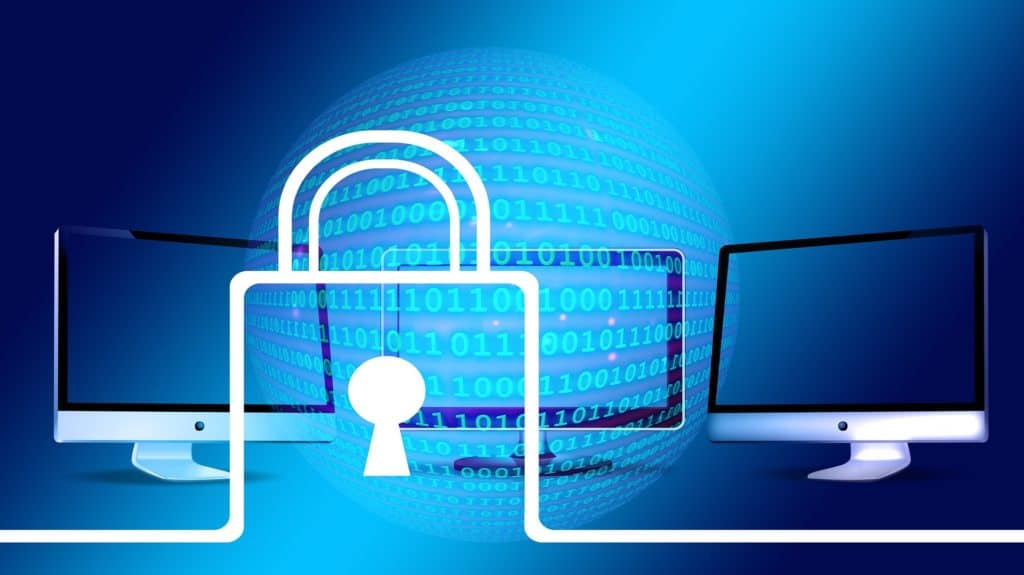
How to create a DAO
While they are still in the early stages of development, DAOs hold immense promise for the future of online collaboration. To create a DAO, you will need a mechanism for handling votes and proposals. There is a selection of open-source solutions, such as Aragon and Snapshot. They will provide roughly the same structure, but how they do it can differ.
Some DAO systems work with on-chain polling, and others off-chain. The exact one to choose will depend on what your DAO deems important. With the right platform in place, DAOs have the potential to revolutionize the way we work together online.
How to create a DAO using Aragon
Now that we’ve looked at some of the advantages of DAOs let’s take a more in-depth look at how they work. We’ll walk through the process of creating a DAO using the Aragon platform.
- The first thing you need to do is install the Aragon client. The Aragon client is a desktop application that allows you to interact with decentralized applications (dApps) on the Ethereum blockchain. Once you have installed the Aragon client, open it, and click “Create new organization.”
- Next, you’ll need to select a template for your organization. For this example, we’ll use the “Community” template.
- Once you’ve selected a template, you’ll need to choose a name and avatar for your organization. You’ll also need to select a token for your organization. The organization will use the token you choose to vote on proposals and reward members for their contributions. Additionally, you’ll need to decide how your organization will be governed. We’ll use the “Token Curated Registry” governance model for this example. This governance model allows community members to vote on which proposals should be accepted or rejected.
- Once you’ve selected a governance model, you’ll need to choose a voting period length and quorum percentage. The voting period is the number of times members have to vote on a proposal. The quorum percentage is the minimum votes required for a proposal to pass.
- After you’ve selected a voting period and quorum percentage, you’ll need to decide how many tokens each member of your organization will have. The number of tokens each member has is directly proportional to their power within the organization.
- Once you’ve decided on the number of tokens each member will have, you’ll need to choose a token price. The token price is the amount of ether that each token is worth.
- Finally, you’ll need to confirm your settings and deploy your DAO. Once your DAO is deployed, you can start accepting proposals and voting on them.
Creating a DAO can initially seem daunting, but it is more than achievable with some planning and effort. By using a platform like Aragon, you can simplify the process and get your DAO up and running in no time.
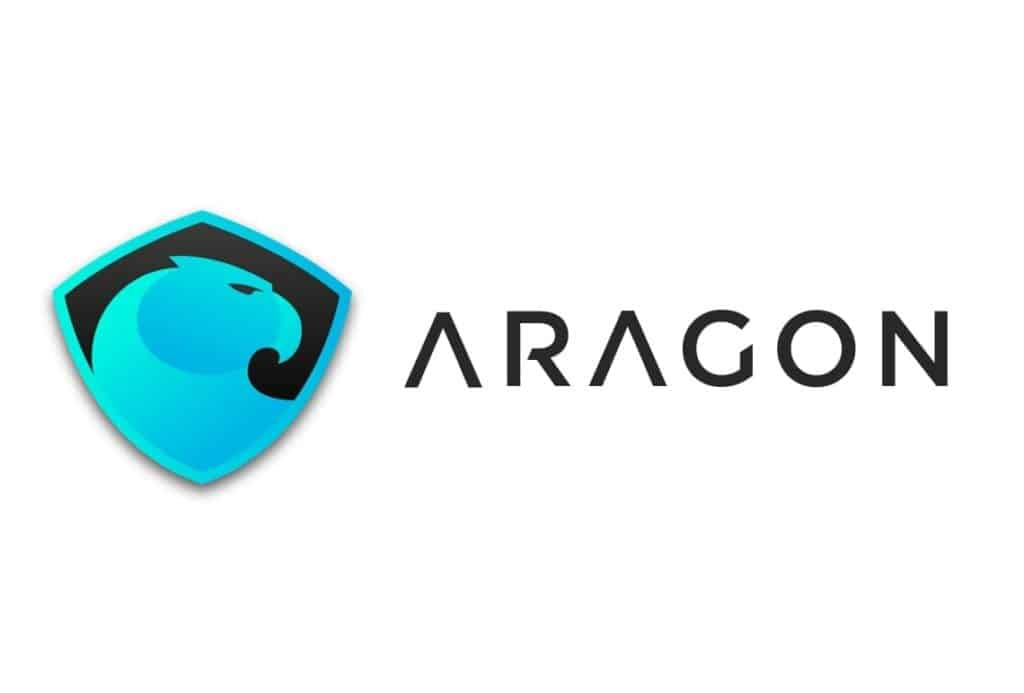
How to develop a community for your DAO
Developing a community around your DAO can get people engaged and excited about your project. By disseminating your mission across the internet, you can attract new members and get them involved in your project.
Mirror, an on-chain publishing platform, is a popular option for sharing your DAO’s mission. Medium and Substack are also wildly used for spreading the word about your DAO.
When creating your community, ensuring everyone knows the project’s goals and feels invested in its success is essential.
Refine socials and create a discord server
There are a few key things you can do to develop a strong community for your DAO. First, you should ensure that your website and social media accounts are up-to-date and informative. It would be best if you also created a forum or Discord server where members of your community can interact with each other. Consider organizing meetups or online events to help grow your community.
Curate mission-driven marketing
Marketing your DAO will be essential for its success. Set aside some funding to pay for advertisements, social media campaigns, and other marketing initiatives. It would help if you also focused on building relationships with influencers in your space. These relationships can help you get your DAO in front of a larger audience.
Create a reward system
Finally, remember to reward members of your community for their contributions. A well-designed rewards system can help motivate people to participate in your DAO. As your community grows, finding ways to encourage members to participate becomes increasingly essential.
One way to do this is to create a reward system that compensates members for their contributions. There are many different types of compensation, and determining the value of each can be a challenge.
Some DAOs have “compensation committees” that standardize types of contributions and weigh them by what they’re worth. Other communities allow members to vote on how rewards should be distributed.
Regardless of your approach, compensating members for their contributions can be a powerful way to motivate them to participate in your community.
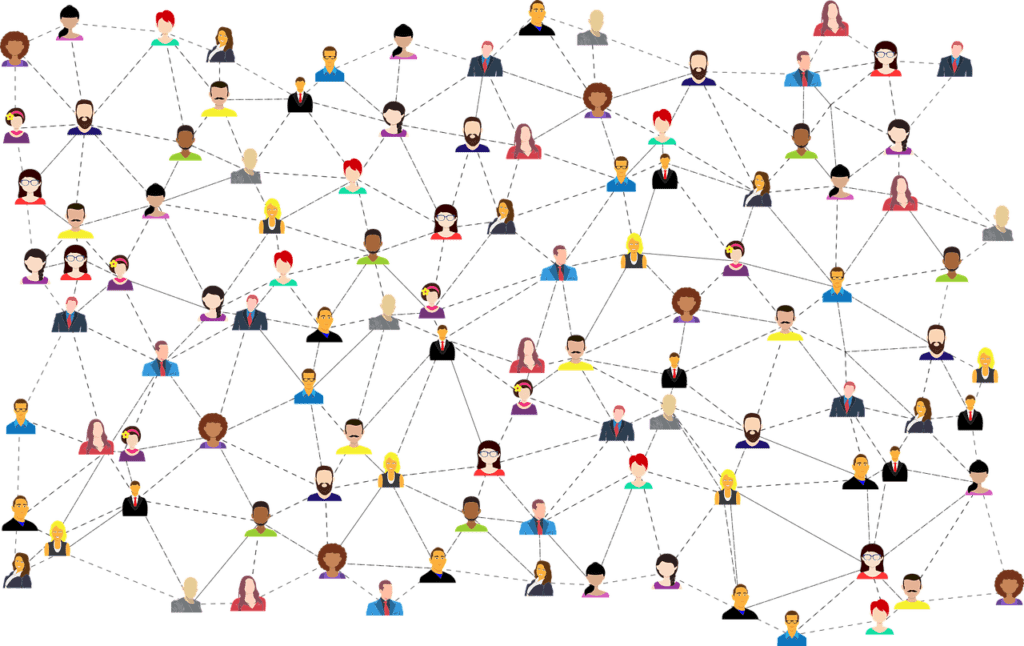
How to fund a DAO
Funding is essential for any DAO. A DAO cannot cover its expenses or pay its members without funding. Here are some of the most common ways to fund a DAO:
- There are a few different ways to fund a DAO, but the most common way is to have community members donate ether or other tokens to the DAO.
- Another way to fund a DAO is to have it earn revenue through fees or commissions. For example, a DAO could charge a small fee for each accepted proposal.
- Or, you can have the DAO borrow funds from an external source. Companies can do this by taking out a loan from another organization or selling tokens to investors.
- Community gamification is another excellent way to build a community for a DAO. Incentivizing community members to participate in the DAO can increase engagement and ensure everyone is working towards the same goal.
- Finally, some DAOs may choose to generate revenue through projects or investments. For example, a DAO could invest in a startup or launch its project. NFT drops are an excellent way for DAOs to generate revenue and build community engagement.
Ultimately, it is up to the DAO’s members to decide which method will work best for them. A DAO can effectively pool resources and talent toward a common goal with careful planning and execution.
How to manage a DAO
One of the critical features of a DAO is that it has no central authority figure; instead, it is governed by a set of rules that are encoded on the blockchain. Because of this decentralized nature, managing a DAO can be a challenge. Here are some tips on how to effectively manage a DAO:
Firmly establish voting rights
First, you should create clear guidelines for how proposals should be submitted and voted on. Having clear guidelines ensures that all community members are on the same page. Additionally, it would help if you considered creating a system for dispute resolution. This will ensure that all community members are treated fairly and that disagreements are resolved promptly.
Treasury management
Any one person or group does not control a DAO; instead, it is governed by the collective will of its members. One of the critical components of a DAO is a treasury. A treasury is a shared wallet that can be used to send and receive crypto funds on the blockchain. The treasury serves as the lever for action within the organization: making fiat purchases, enabling fundraising, and interacting with token/NFT sales, rewarding contributions, and funding grants, projects, and investments.
Managing a DAO treasury requires careful planning and execution. Also, be prepared to adapt. The cryptocurrency landscape is constantly changing, and new technologies are continually being developed. As such, it is essential to be flexible and willing to adapt to the latest trends and developments.
Manage expectations
Managing community expectations and having a strict team of moderators is also essential. Community members should know what to expect from the DAO, and moderators should be able to enforce the guidelines. It is best to have community members agree on specific moderation strategies before any issues arise.

Maccelerator can help
By eliminating the need for a centralized decision-making body, DAOs have the potential to revolutionize the way businesses are run. That said, starting a DAO can be daunting. Still, it can be a rewarding experience with the right resources and support. M-Accelarator offers many educational resources and more information on tech and business-related topics such as this on our blog.
Also, If your startup or small business is interested in starting a DAO, we have the resources and knowledge to help propel you into the space. While a DAO can offer many benefits to startups and small businesses, it is essential to research and seeks out experienced professionals to ensure a successful launch. With the right team in your corner, a DAO can be a powerful tool for growing your business. Visit our programs page today for more information.


